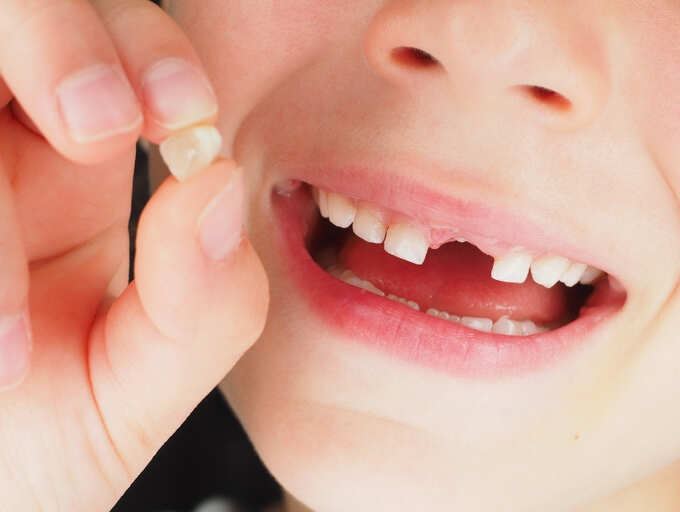Those who have dementia find it challenging to comprehend the causes of their condition. The individual first goes through a mild stage, which does not have any adverse symptoms. The second stage is the moderate and finally the severe stage. It is substantial for you to identify the stage in which your loved one lies. Extensive research conducted has shown that there is a close connection between tooth loss and dementia.
Causes of Tooth Loss
Periodontal Diseases
Loss of teeth is expected in all human beings as the years progress. Nevertheless, oral heath decreases with time and age in senior adults. Several factors may cause loss of teeth. Conditions like periodontal disease cause wearing off of tissues that hold teeth to the jaws. The condition brings about inflammation of the gums. Senior adults are more prone to this disease because their oral hygiene may decrease as they age.
Following research conducted in various medical institutions, most senior citizens with teeth loss have dementia. The study was conducted on senior citizens. People with missing teeth indicated higher chances of dementia.
Typically, the researchers have not pointed out an apparent reason behind this connection. Poor oral hygiene leads to the accumulation of bacteria, causing gum diseases like periodontal. Severe cases of this condition affect the brain. Beta-amyloid plaques attack the brain and eventually cause dementia.
Gingivitis – Inflammation of the Gums
Gingivitis is a nuisance to most people, especially older adults. Gum redness and bleeding while brushing or after results from this condition. Further, gingivitis can cause swelling of the gums. There are two categories of gingivitis – acute and chronic gingivitis. Trauma and microorganisms can cause gingivitis. Eventually, gingivitis causes the loss of tissues surrounding the bone and gum. Nevertheless, gingivitis is manageable using extensive personal hygiene.
Notably, each tooth loss increases the chances of dementia. Alternatively, people who lost their teeth and used dentures were better positioned. Compared to the other people without dentures, their chances were significantly reduced. Ultimately, dentures do not only lower dementia chances. They give senior people the confidence to smile on various occasions. Medically, they are recommended to reduce specific health risks like gum problems.
Researchers have not established the primary connection between tooth loss and dementia. However, tooth loss can lower someone’s appetite, causing nutritional deficiencies. Moreover, it may cause chemical imbalances in the body. Brain function is also affected by poor feeding habits.
Periodontitis
It is a gum disease that primarily affects the tissues around the gums. In most people, the disease causes loss of teeth. The loss is mainly because the condition causes spaces between gums and teeth. The disease is not easily detectable because it does not cause pain. If you happen to see bleeding gums while brushing, chances are you have an infection. You should visit a dentist to avoid any complications. Progression of the disease can be treated. However, the loss of teeth is highly irreversible.
Fortunately, you should not worry because there are several alternatives, such as dental implants. Suffice it to say; implants can be helpful in such a situation. A dental implant is fixed at the root of your missing tooth. A crown commonly referred to as an artificial tooth is placed on the metal post or the dental implant. Most implants look like actual teeth. Therefore, you can confidently smile without any fear. Dental implants are crucial to teeth because they provide stability. Notably, one downside of losing your tooth is you begin losing bone mass around that area. Through a process called osseointegration, your bone mass is regenerated. The installation of dentures stimulates the process. Dental implants are convenient because they can last a lifetime with proper care.
Ideally, research indicates that loss of teeth can be an earlier sign of dementia. However, oral hygiene is highly advocated to prevent the above tooth loss. Suppose tooth loss has occurred; it would be best to install dentures.
Dementia causes damage to brain cells resulting in the brain being unable to transmit information. Generally, research indicates that teeth loss raises the chances of dementia. Therefore, you should maintain proper oral hygiene to prevent teeth loss.





